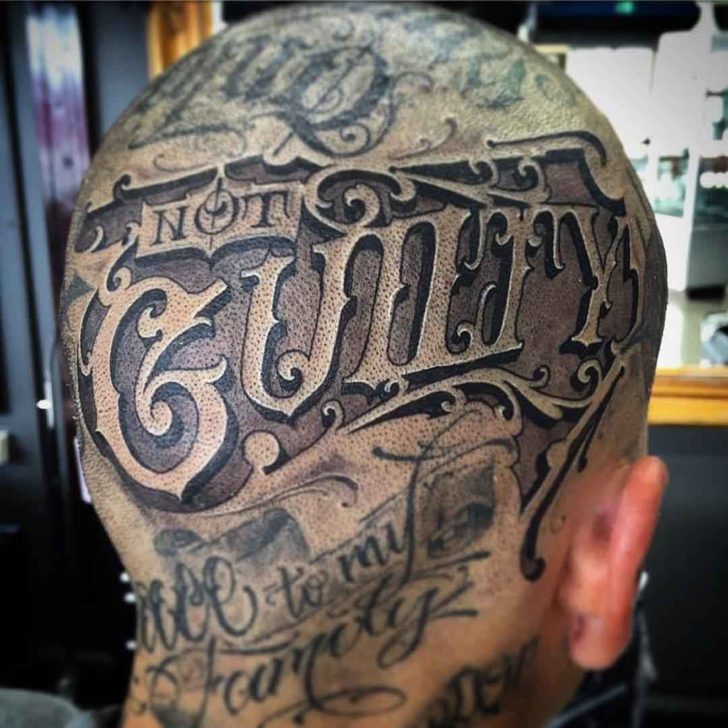Happy 12th Birthday to the Southern District of Florida Blog!
Twelve years ago in 2005, on the July 4 weekend, I started this blog and it's been a fun run of over 3,200 posts and over 5 million page views.
To put the 12 years in perspective:
The Wilkie Ferguson courthouse was not yet open.
Judge Zloch was Chief Judge of the District.
Mel Martinez was one of our Senators.
Alex Acosta had just been named Acting U.S. Attorney.
The Supreme Court had five different Justices than today: Rehnquist, Scalia, Stevens, Souter and O'Connor.
There was no Twitter.
My firm had one lawyer, me (it now has 5).
I had one daughter (I now have 3).
My commute was 20 minutes (it's now 45).
We still don't have a Floridian serving on the Supreme Court,
which was the very first post!
Thanks again to all of you for reading and for the tips. I still very much enjoy keeping tabs on the most interesting and exciting District in the country.

